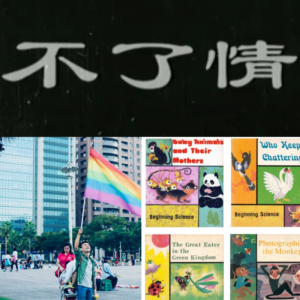
“…a genuine counterculture ought to supply weapons for use against the soft forms of domination, […] weapons of defence against symbolic domination.”
contents
- eileen chang at 100: webcast and online premiere of “love everlasting”
- unique style: arvind gupta’s picture books from china
- sino queer: k-ming chang recommends 7 books in translation
- this week in history: 1911, 1949, 1990
- colophon: reading, writing, listening
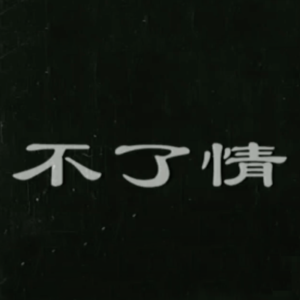
eileen chang at 100: webcast and online premiere of “love everlasting” (permalink)
To commemorate the 100 year anniversary of the birth of acclaimed author Eileen Chang 張愛玲, two online events took place last week: First up was a webcast with Michael Berry, Eileen Chow, and Rebecca Nedostup hosted by the Asia Society Sept 29, at 6:30 PM EST:
https://asiasociety.org/new-york/events/webcast-eileen-chang-100
The webcast is kicking off a month-long celebration of Chang’s life and work, so keep an eye out for more to come.
The next day, Chris Rea and Renren Yang over at UBC Asian Studies hosted a live premiere of “Love Everlasting” 不了情 (1947), a collaboration between Chang and director Sang Hu 桑弧:
https://asia.ubc.ca/events/event/eileen-chang-at-100/
If you tuned into YouTube between 10:00 and 11:45 AM PST on Wednesday Sept 30, 2020, Rea and Yang discussed the film live in the YouTube Premiere comments sidebar:
https://www.youtube.com/watch?v=3gjdbOeOs7Y
(The film is in Chinese, with English subtitles translated by Rea, and added by Liu Yuqing, as part of the ongoing Chinese Film Classics Project, a long overdue effort to make Republican era [1912-1949] cinema available to English-speaking audiences.)
This was the first of several collaborations with Sang Hu, and also Chang’s first screenplay to be adapted to the silver screen. She would later revise the screenplay into the short story “How Much Regret” 多少恨.
Today, Chang is perhaps best known for Ang Lee’s 2007 period thriller Lust, Caution 色,戒, based on her 1979 novella of the same name:
https://en.wikipedia.org/wiki/Lust,_Caution_(novella)
But her writing really is worth reading in the original (or in translation, if you don’t read Chinese). You can see more recommendations for Chang’s stories, books, and films here:
https://asiasociety.org/new-york/eileen-chang-page-and-screen
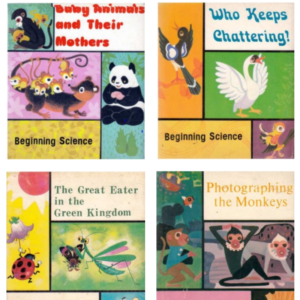
unique style: arvind gupta’s picture books from china (permalink)
Over at Chinese Books for Young Readers, Helen Wang has posted a write-up of 50 picture books from China included in Arvind Gupta’s online collection of international children’s literature on Archive.org:
Gupta, a famous toy inventor, describes having collected the books in the 1980s, when “when several Chinese children’s books were available in the Indian market, some of them in Hindi translation [many featuring] a unique style of illustrations with gentle water colors.”
The chronological list of Chinese books in Gupta’s online collection is available at the CBYR blog, with links to the full-color scans. Really amazing stuff!
Some highlights for me include this collection of satirical and humorous manhua [cartoons] by Hua Junwu:
https://archive.org/details/ChineseSatireAndHumour/mode/2up
And this storybook illustrated by Du Jianguo 杜建国 (who also illustrated Ye Yonglie’s Little Smarty Visits the Future) about animals learning the importance of being polite 讲文明 and working together:
https://archive.org/details/ACrownForThePoliteElephant/page/n1/mode/2up
I also love this Toy Story-esque riff on the importance of taking care of your things, illustrated by Mao Yongkun 毛用坤, from a story by Zheng Yuanjie 郑渊洁:
https://archive.org/details/PalsInAPencilCase/mode/2up
As Wang explains, the collection provides a “snapshot of the Chinese children’s books that were available in translation in India at that time – the content, the design, illustration and fonts, as well as which stories, authors and illustrators were reaching international readers”

sino queer: k-ming chang recommends 7 books in translation (permalink)
Last week, Electric Lit published a mini-essay by the poet and novelist K-Ming Chang, featuring her favorite books in translation:
https://electricliterature.com/7-books-in-translation-about-queer-life-in-taiwan-and-china/
Chang’s most recent book is the just published novel Bestiary, which tells the story of three generations of Taiwanese-American women through a series of time-travelling letters from the protagonist’s grandmother.
In her essay, Chang explains that the concept for the book came about after she spent a year translating letters from her own grandmother, many of which were addressed to unknown strangers:
“While attempting these translations, I realized the impossibilities and possibilities of the task—the losses and gaps and misunderstandings that were embedded in my translations, as well as the moments of hybridity and discovery, where my own language layered over hers, hinging it open in strange ways and creating new meanings.”
On Chang’s list are some classics of Chinese language queer fic, like Pai Hsien-Yung’s 白先勇 Crystal Boys 《孽子》, and Qiu Miaojin’s 邱妙津 Notes of a Crocodile 《鱷魚手記》.
There are also some books that were new to me, including Mu Cao’s 墓草 2003 novel In the Face of Death We Are Equal 《弃儿》, an experimental work about a young gay man from rural Henan who leaves his village to find work in the city.
An excerpt of Scott Meyer’s translation was published on Words Without Borders way back in 2016, which you can read here:
Out now from Seagull Books, it was briefly reviewed by Mike Cormack in the TLS earlier this year:
https://www.the-tls.co.uk/articles/in-the-face-of-death-we-are-equal-mu-cao-review-mike-cormack/
Comack describes the book moving from Orwellian realism to the “fever dreams of William Burroughs,” but with “characters [that] behave so illogically that they can become caricatures.” Even so, he applauds the fearless of the author.
“Mu Cao,” he writes, “neither apologizes nor equivocates. He writes as he sees and as he wants.”
Glowing reviews of Chang’s book have also been appearing here and there, like this one in the NYT:
https://www.nytimes.com/2020/09/29/books/review/bestiary-k-ming-chang.html
More books to add to the never-ending to read list!
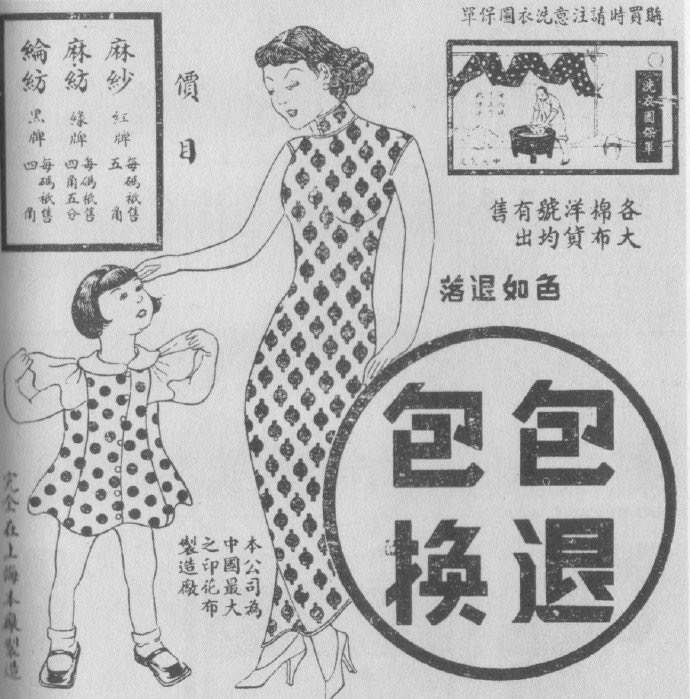
this week in history (permalink)
9 October 1911 #109yrsago – The accidental detonation of bomb in Hankou’s Russian concession leads anti-Qing revolutionaries led by Wu Zhaolin 吴兆麟 to pull off a successful military coup within the New Army garrison at Huguang. Later coming to be known as the Wuchang Uprising, this unlikely event would spark the Xinhai Revolution, leading to collapse of the Qing dynasty and the founding of the Republic of China.
1 October 1949 #71yrsago – Official declaration of the founding of the People’s Republic of China from the Gate of Heavenly Peace by CCP Chairman Mao Zedong (1893 – 1976), flanked by founding members of Sun Yat-sen’s Tongmenghui, Lin Boqu (1886— 1960) and Dong Biwu (1886—1975).
2 October 1990 #30yrsago – Hijacking of the Xiamen Airlines Flight 8301 by Jiang Xiaofeng 蒋晓峰, a 21-year-old purchasing agent from Hunan, seeking political asylum in Taiwan, resulting in the deaths of 128 passengers on Flight 8301 and China Southern Airlines Flight 3523, following a collision.
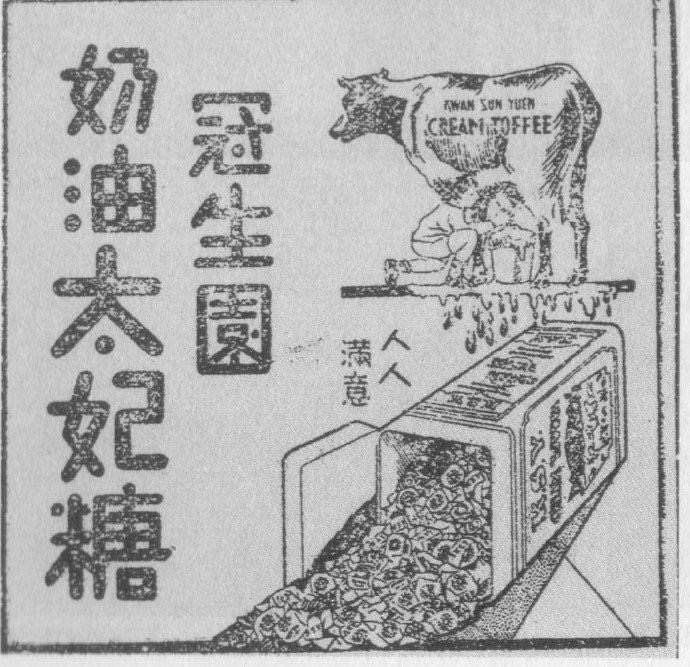
colophon (permalink)
h/t: Asia Society, UBC Asian Studies, Chinese Books for Young Readers, Electric Lit
reading: Sociology in Question by Pierre Bourdieu
writing: my PhD dissertation, Constructing the Future 未来建设, a history of chinese comics in the early reform era (1978-1983)
this week’s progress: 6,083 words (37,384 total) #weeklywords
listening: Molly Drake – I Remember
quotations and images public domain or fair use unless otherwise indicated
everything else CC BY 4.0 / free to share & adapt w/ attribution